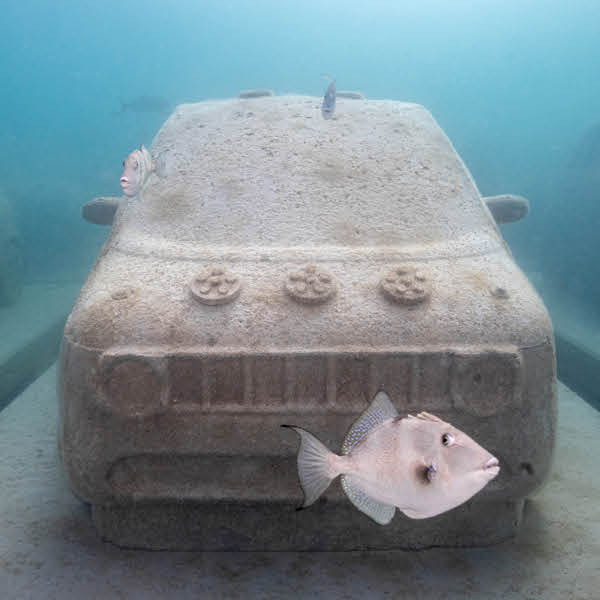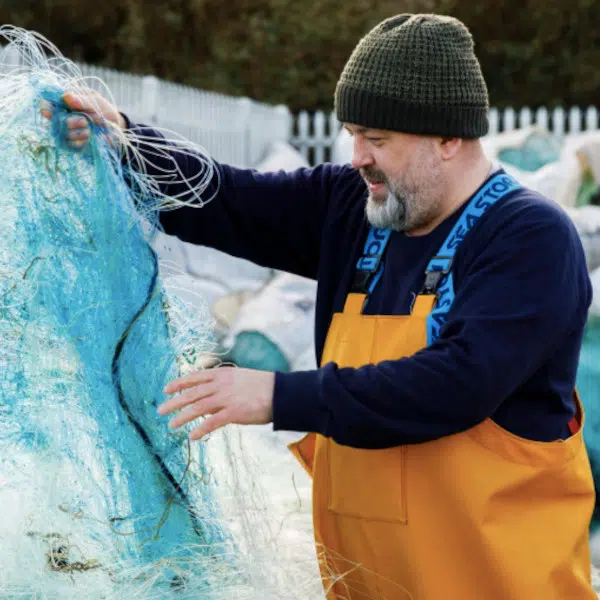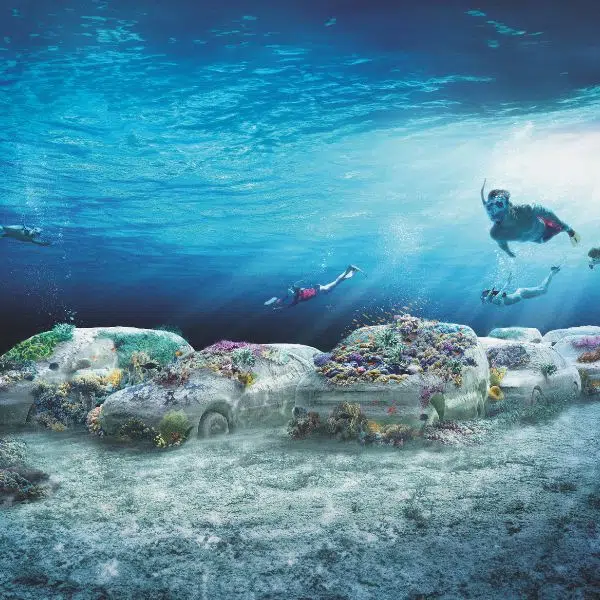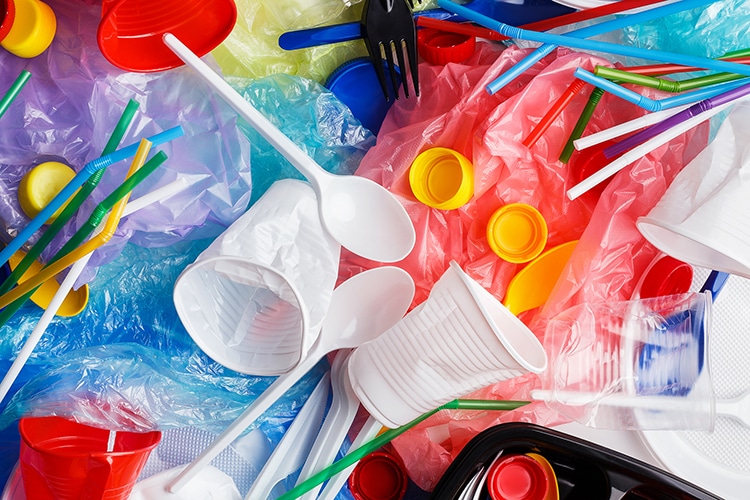
Photo: MILKOS/DepositPhotos
Single-use plastics accumulate in our planet's oceans where they can endanger wildlife. They also clog local landfills where they will persist for hundreds of years, barely decomposing. Recycling helps, but increasingly countries are pivoting to eliminating single-use plastics altogether. India is the latest nation to ban certain plastic items and set out rules which the country hopes will reduce waste.
The Indian government has announced the Plastic Waste Management Amendment Rules, 2021. These rules lay out a ban on single-use plastic items by July 1, 2022. These include ear buds with plastic sticks, plastic balloon sticks, plastic flags, ice cream sticks, plates, cups, glasses, straws, and cutlery. Plastic films around boxes will also have to be thicker than 100 micron. Compostable plastics will be exempt. This plan will go into effect next year, but has been in the works since 2018.
Not all plastic items are banned, though. Plastic bags will remain, but must increase in thickness so that they can become more reusable. The new bans have been criticized for not prohibiting plastic water bottles, which are a common and harmful form of waste. Regardless, the new Indian ban on single-use plastics is a big step in the right direction for the populous country. The laws also include an Extended Producer Responsibility—meaning the burden and responsibility of legal plastic waste will fall on importer or retailer. India joins the European Union and New Zealand, among others, in enacting similar bans on plastic items.
India has enacted a ban on a wide range of single-use plastics—the ban commences in July 2022.
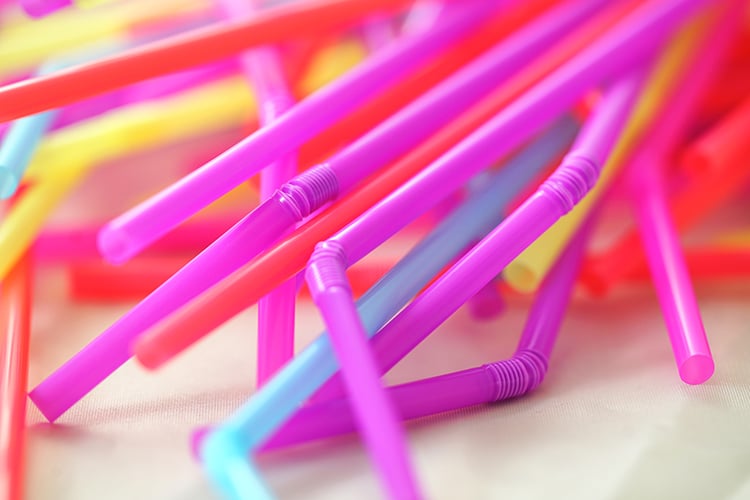
Photo: AMAROSY/DepositPhotos
h/t: [India Today]
Related Articles:
U.N. Climate Report Reveals That We’re Destined for a Hotter Planet
20 Easy Ways to Help Save the Environment Every Day
‘Mr. Trash Wheel’ and His Baltimore Family Are Helping Keep Our Waters Clean











































































